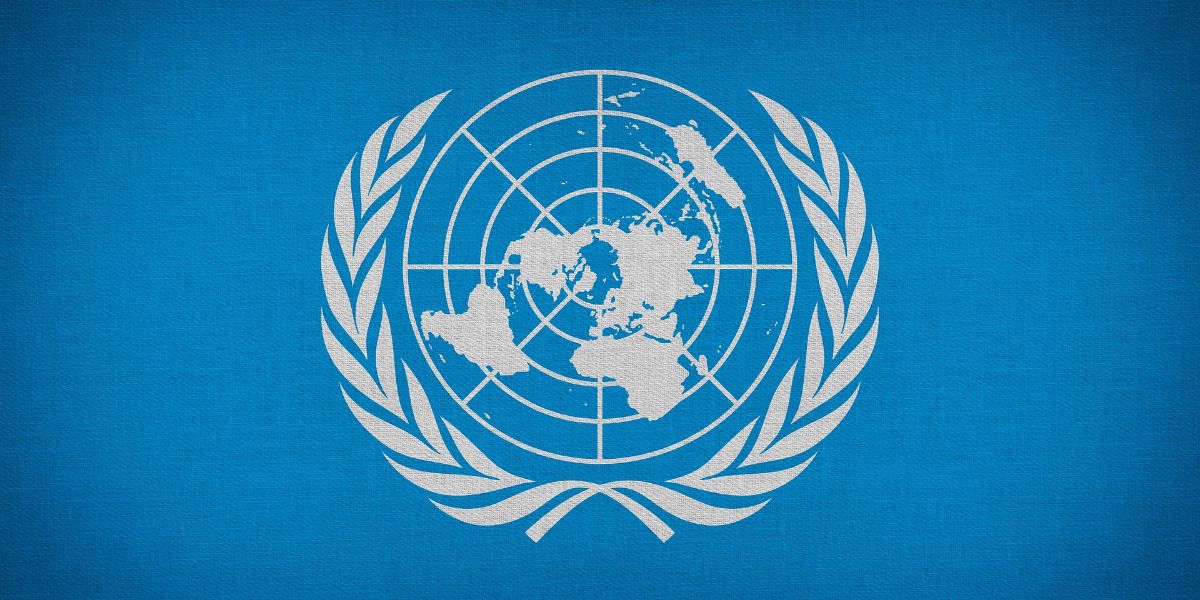The 27th session of the UN Committee of Experts on International Cooperation in Tax Matters took place from 17 to 20 October 2023. Subcommittees dealing with various areas of taxation presented updates to the Tax Committee on their progress.
Transfer Pricing
The Subcommittee on Transfer Pricing presented for approval guidance on transfer pricing during the COVID-19 economic downturn; transfer pricing compliance assurance; and the transfer pricing of carbon offsets and credits. The subcommittee also presented draft papers on industry guidance for primary products and on sector guidance for the pharmaceutical industry.
UN Model Treaty
The Subcommittee on the update of the UN Model has a mandate to consider the inclusion of software in the definition of royalties; the treatment of services, including issues of overlap; international shipping activities; income derived from insurance services; extractives and other natural resources; and certain other issues affecting the UN Model.
On software the proposal is to amend Art 12 so a payment for software is included within royalties. The article would include in the definition of royalties any payments received as consideration for the use of, or the right to use, any software, or as consideration for the acquisition of any copy of software for the purposes of using it. Changes would be made to the Commentary on the article.
The UN Tax Committee is looking at expanding the Commentary on Article 14 to address certain issues. Article 14 is still being included in a large number of bilateral treaties negotiated by developing countries even though the corresponding article was deleted from the OECD Model more than twenty years ago and further guidance is considered necessary.
On insurance, the Subcommittee submitted a proposal to delete paragraph 6 of Article 5 (which creates a deemed permanent establishment of an insurance enterprise) and to introduce a new paragraph 6 of Article 7 which would allow taxation of the relevant premiums on a gross basis, with a revised Commentary. Alternatively, a new, stand-alone provision on insurance could be included in the treaty.
Environmental tax
The environmental tax subcommittee is drafting guidance on carbon tax and other environmental measures, emissions trading and climate policy. It is also looking at the energy transition from a consumption point of view, while the extractives subcommittee is looking at energy from a production point of view. A third workstream deals with carbon offset programs and their interaction with carbon taxation, including the effect on pricing/revenues.
A workstream on border carbon adjustments (BCAs) is considering carbon leakage and addressing the related issues. The guidance would examine potential responses to BCAs and would clarify WTO aspects. A further workstream on other environmental taxes is considering issues arising from taxes on landfill, waste incineration, plastic, pesticides and wastewater.
Extractives
The extractives subcommittee has developed draft guidance on tax incentives and the global minimum tax in the extractive industries, and on permanent establishment and other income issues for extractives. The subcommittee also reported on its progress on the other two workstreams which are concerned with trade mispricing and valuation of mineral content; and the energy transition in the extractive industries.
Health taxes
The health tax subcommittee presented a detailed outline and drafts of some chapters of the Health Tax Handbook currently being complied to guide policymakers and other stakeholders. The Handbook looks at structuring the health tax and setting a tax rate; and at the bigger picture on health taxes, such as how different ministries may have different views on the purpose of the taxes. There will be chapters focusing on potential secondary effects of health taxes; how to mitigate negative effects on employment; and on ensuring coherence between health taxes and other policy instruments related to health taxes. The subcommittee is chapters specifically looking at tobacco taxation and at excise taxes to improve nutrition.
Relationship of tax, trade and investment agreements
The subcommittee on the relationship of tax, trade and investment agreements aims to create awareness of the impact of non-tax agreements on tax policy. The goal is to assist tax officials in the negotiation of trade or investment treaties and increase the understanding between different experts. Guidance is being prepared on tax and international investment agreements (IIAs); and on the relationship of the General Agreement on Trade and Services (GATS) provisions and tax treaties.
Taxation of the digital economy
The relevant subcommittee is looking at options for a more multilateral form of implementing specific provisions of the UN Model, possibly involving a multilateral instrument with protocols in relation to specific treaty provisions. They are also looking at the function and relevance of physical presence tests in the increasingly digitalized and globalized economy. Another workstream is examining cross-border taxation issues involving remote workers.













